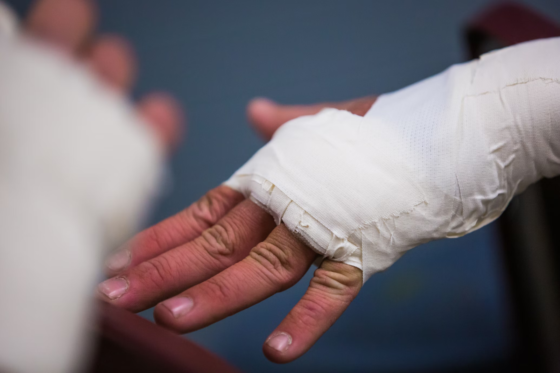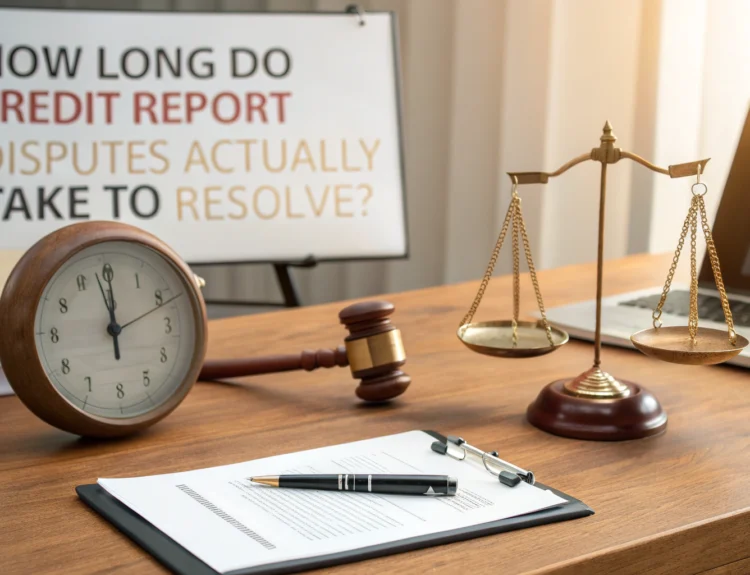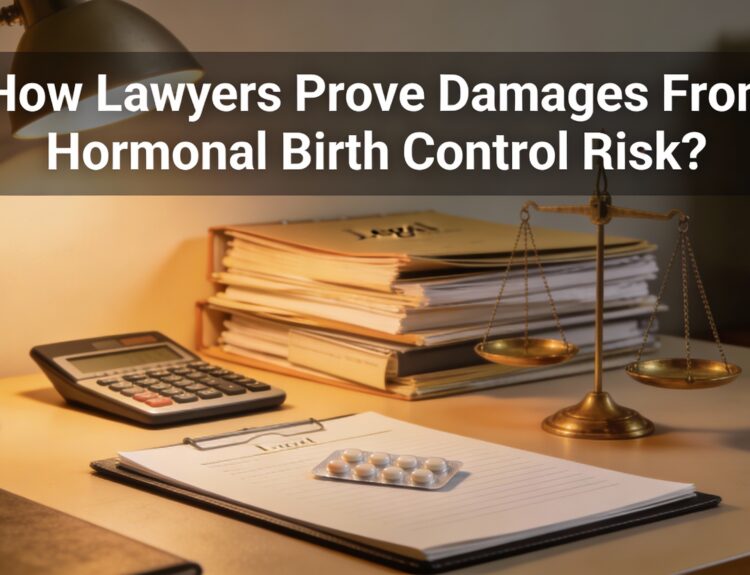Either you or someone you know has suffered injury in an accident? Grasping your legal obligations and entitlements can drastically influence the results of your legal matter.
Millions of Americans deal with the difficult consequences of personal injuries each year. Understanding how to handle legal proceedings after car accidents or workplace incidents helps you to recover more fully in terms of both physical health and financial stability.
Contents
What You Need to Know
- Understanding Personal Injury Law Basics
- Your Legal Rights After an Accident
- Key Responsibilities Following an Injury
- How to Document Your Case Properly
- When to Contact a Personal Injury Lawyer
Understanding Personal Injury Law Basics
Personal injury law provides injured individuals the ability to obtain financial compensation when they are harmed due to another person’s negligent or intentional behavior.
These cases typically fall into several categories:
- Motor vehicle accidents include incidents involving cars, trucks, motorcycles and pedestrians.
- Workplace injuries occur in both construction sites and office environments.
- Slip and fall accidents frequently take place on both commercial and residential properties.
- Medical malpractice refers to injuries caused by healthcare providers when they fail to exercise proper care.
- Product liability involves injuries that result from dangerous or defective products.
The primary legal basis for personal injury cases involves negligence which occurs when someone fails to show reasonable care and causes harm to another person.
Working with respected personal injury lawyers can help you understand the nuances of your particular case and the best path forward. Personal injury law differs greatly across states which highlights the critical need for local legal knowledge.
Your Legal Rights After an Accident
After suffering a personal injury you must know about several important legal rights you possess:
1. Right to Medical Treatment
It’s your legal right to obtain suitable medical care to address your injuries. Seeking medical treatment benefits your health while also helping to establish evidence for your injury claim.
2. Right to Compensation
You may qualify to receive multiple forms of compensation, which include:
- You may claim compensation for both present and projected medical expenses.
- Lost wages – Income lost while recovering
- The pain and suffering category of compensation covers both physical pain and emotional distress.
- Loss of enjoyment refers to situations where injuries stop you from performing regular daily activities.
- Property damage – Reimbursement for damaged property
3. Right to File a Lawsuit
When insurance companies fail to offer fair compensation through negotiations you can take legal action by filing a lawsuit before your state’s statute of limitations expires.
4. Right to Legal Representation
Your rights include the ability to employ legal counsel to defend your interests.
Key Responsibilities Following an Injury
Understanding your rights forms the foundation of your legal protection but understanding your responsibilities remains just as crucial.
1. Seek Medical Attention Promptly
Medical treatment protects your health and generates official documentation of your injuries.
2. Report the Incident
If you encounter a car accident, workplace injury or slip and fall you must inform the appropriate authorities or property owners.
3. Document Everything
Keep detailed records of:
- Medical treatments and expenses
- Accident scene photos
- Witness information
- Communication with insurance companies
- Time missed from work
4. Follow Medical Advice
Not following your doctor’s recommendations can put your health recovery and legal case at risk.
5. Be Truthful
Honesty is crucial throughout the claims process. If you exaggerate injuries or give false information your case will lose credibility.
How to Document Your Case Properly
The success of your personal injury claim depends heavily on proper documentation. These steps will guide you through maintaining accurate records.
Medical Documentation
- Make sure to maintain duplicates of all your medical documentation and billing statements.
- Track medications and treatments
- Document how injuries affect your daily life
Accident Documentation
- Photograph both the accident scene and any property damage along with your injuries.
- Collect witness statements and contact information
- Keep copies of police or incident reports
Financial Documentation
- Track all medical expenses
- Document lost wages and time off work
- Maintain all receipts showing out-of-pocket expenses incurred because of your injury.
Documentation stands as an essential foundation for all processes. Every incident demands thorough documentation so families can get proper compensation.
When to Contact a Personal Injury Lawyer
Professional legal support becomes essential for many situations despite some minor accidents which can be resolved without a lawyer. Consider contacting a personal injury attorney when:
1. Severe Injuries Are Involved
Injuries that are serious typically generate significant medical expenses and extended care requirements which demand expert negotiation skills.
2. Liability Is Disputed
A lawyer assists in collecting evidence to prove liability when the other party refuses to accept responsibility.
3. Multiple Parties Are Involved
Legal cases that include more than one responsible party quickly develop into complex situations.
4. Insurance Companies Act in Bad Faith
When an insurance company engages in delaying tactics or unfairly denies or undervalues your claim you need legal representation.
5. You’re Approaching the Statute of Limitations
Personal injury claims must be filed by specific deadlines that vary across each state. Failure to meet these deadlines results in a permanent loss of your right to claim compensation.
Time Limitations for Filing Claims
You need to know the statute of limitations for your claim because it determines your filing deadline. These time limits vary by:
- Each state establishes its own specific deadlines for personal injury claims which can range from one to six years.
- The filing deadlines for personal injury claims depend on which type of injury occurred.
- Government entity defendants typically require claimants to file within shorter statutory time limits.
Personal injury claims typically require filing within a 1-3 year timeframe after the injury date unless specific conditions modify this duration. Early consultation with a personal injury attorney helps you avoid missing important deadlines.
The Personal Injury Claim Process
Understanding what comes next helps alleviate stress when facing tough situations.
1. Initial Consultation
Schedule a meeting with an attorney to evaluate your case and confirm whether you have a valid legal claim.
2. Investigation
An attorney will collect evidence, conduct witness interviews, examine medical records and establish who is at fault.
3. Demand Package
When your medical condition stabilizes at maximum improvement your lawyer will forward a demand letter to the insurance firm of the liable party.
4. Negotiation
Your attorney will engage in discussions with the insurance company to secure an equitable settlement agreement.
5. Litigation (If Necessary)
Should negotiations fail to produce a fair settlement your attorney will move forward with filing a lawsuit and begin trial preparations.
6. Settlement or Trial
As most cases reach agreement prior to trial your case remains ready for judicial review by a judge or jury if required.
Insurance Company Tactics to Watch For
Insurance companies operate with the primary goal of reducing the amount they pay out to claimants. Be aware of these common tactics:
- Insurance companies often propose quick settlement offers that are substantially lower than your claim’s actual value.
- Insurance companies record your statements to later use them against you.
- Downplaying injuries – Suggesting your injuries aren’t serious
- Delaying tactics involve extending the resolution process with the aim of pressuring you to drop your claim.
Knowledgeable legal representation enables you to counter these strategies while protecting your interests.
Personal injury accidents represent transformative life experiences that demand skilled navigation through complicated legal and medical systems. Your focus on recovery stays clear when you understand your rights and responsibilities and document your case while knowing when to get professional legal advice.
Unintentional injuries rank as the third leading cause of death in America following heart disease and cancer. Take immediate action after sustaining an injury. Secure your rights and appropriate compensation by contacting an experienced legal professional.




